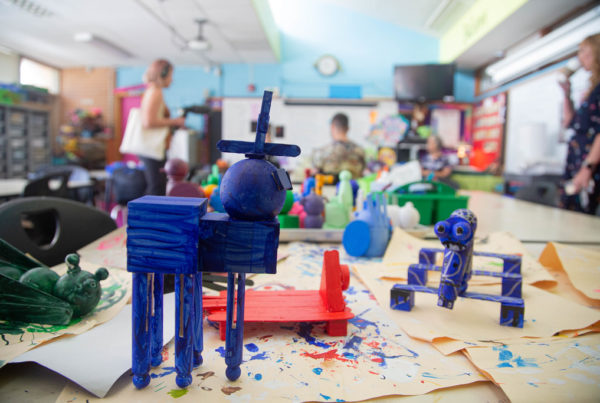From KERA News:
Students file out of the Dallas Independent School District’s Solar Preparatory School for Boys on a cool Friday afternoon, rushing to greet their waiting parents.
Megan Garey, whose 9-year-old son, Grayson, is a third-grader at Solar, says that even though property taxes keep going up, she doesn’t see it reflected in public schools.
“That funding does not seem to be going towards our schools and our teachers and the materials that they need,” Garey said. “Teachers are always buying things out of their own pocket.”
Other parents, like Bonnie Rodela, are nervous that cutting property taxes could mean less money for schools.
“Our children are where they’re going to take the cuts, you know, to give that back to our homeowners,” Rodela said. “So, it definitely leaves me wary.”
Leaders in the Texas Legislature – who say addressing property taxes is a top priority – say that’s not the case. But how can that be? First, let’s look at how Texas funds public schools.
In 2019, state lawmakers passed education reforms, setting a new basic allotment of about $6,000 – meaning districts are entitled to at least that much per student. Texas also chips in extra for kids with specific needs, like special education and low-income students.
All of those factors help determine what’s called the entitlement, said Bob Popinski, senior director of policy for Raise Your Hand Texas, a nonprofit organization that advocates for policy solutions that support Texas public schools. On average, the entitlement is $10,000, plus or minus a couple thousand, depending on the district and student type, he said.
That’s the simplified version of a complex formula. Once it’s determined how much districts will receive, property tax revenue is used to cover as much as possible; the state chips in the rest.














